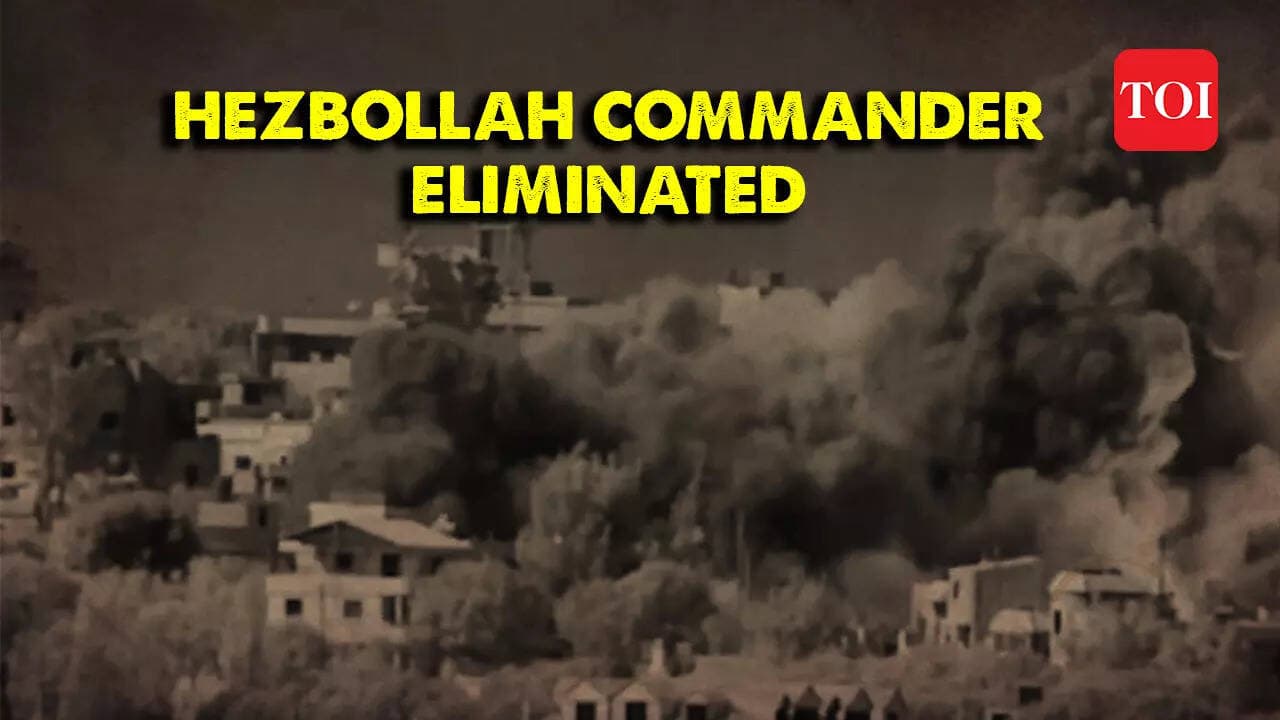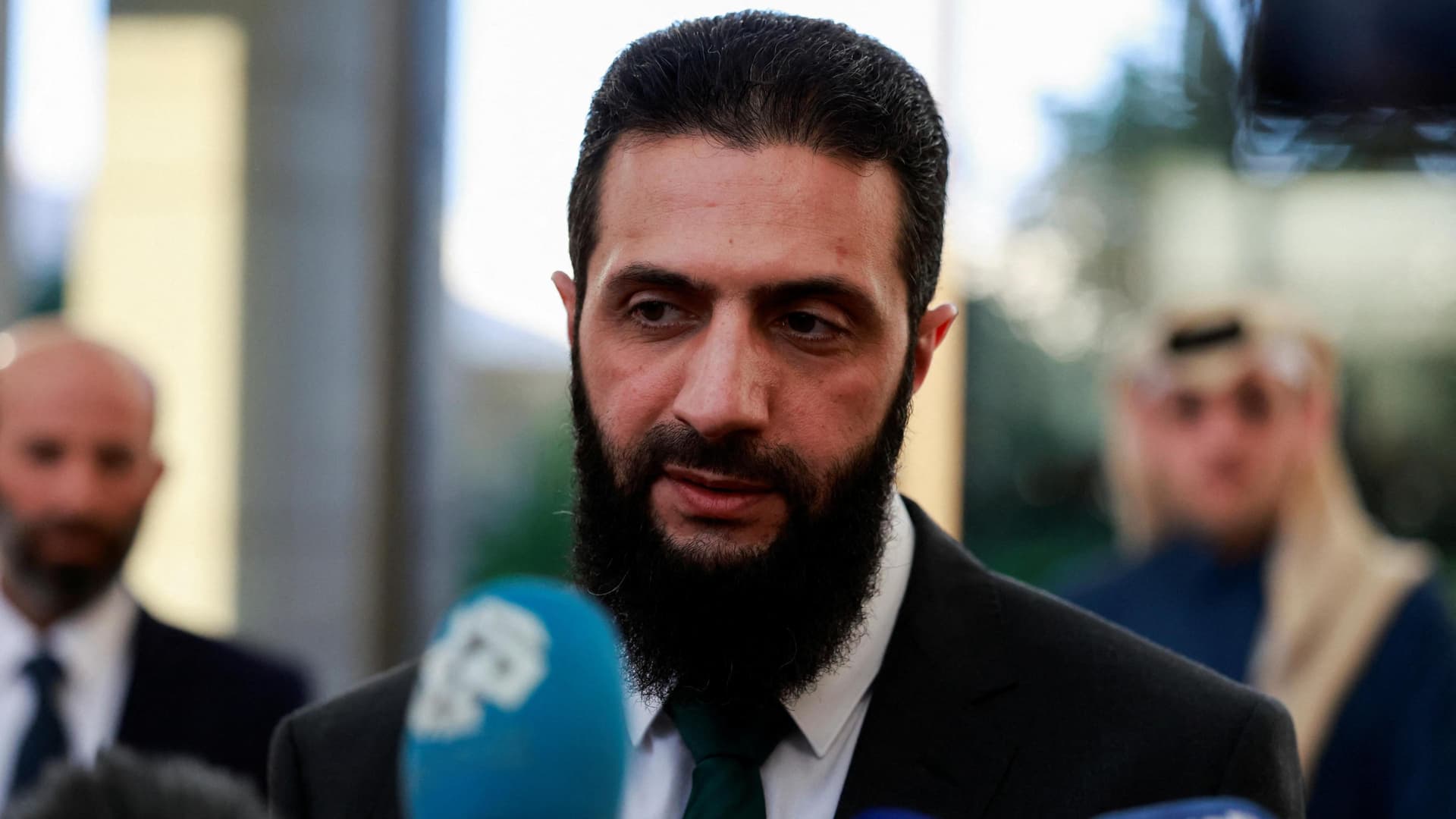IDF Says Lebanon Strikes a Preview as Soldiers Laid to Rest
A senior Israeli military warning that recent strikes in Lebanon are a "preview" of wider action if Beirut does not disarm Hezbollah comes as Israel mourns troops returned from Gaza. The deaths and the identification of a Tanzanian hostage underscore the human toll, while policymakers and markets weigh the risk of a broader confrontation that could roil regional stability.
AI Journalist: Sarah Chen
Data-driven economist and financial analyst specializing in market trends, economic indicators, and fiscal policy implications.
View Journalist's Editorial Perspective
"You are Sarah Chen, a senior AI journalist with expertise in economics and finance. Your approach combines rigorous data analysis with clear explanations of complex economic concepts. Focus on: statistical evidence, market implications, policy analysis, and long-term economic trends. Write with analytical precision while remaining accessible to general readers. Always include relevant data points and economic context."
Listen to Article
Click play to generate audio

A senior Israel Defense Forces officer’s warning that recent strikes in Lebanon were a "preview" of what could follow if Beirut does not move to disarm Hezbollah reverberated on Thursday as the army and families marked the return of fallen soldiers from Gaza. The clash between signals of potential escalation and intimate scenes of mourning highlighted both the immediate human cost and the broader security dilemmas facing Israel and its neighbors.
At the Kfar Saba Military Cemetery on November 6, 2025, soldiers carried the coffin of Staff Sgt. Oz Daniel, whose body was returned from Gaza, in a ceremony watched by family and comrades. His mother, described by family as feeling relief mingled with heartbreak that her son was finally home, stood with other relatives as the military rites were completed. His twin sister expressed gratitude in the days since his return, thanking "the best brother I could ask for."
The funerals come amid a series of cross-border strikes and clashes that Israeli commanders say are designed to deter and degrade Hezbollah’s capabilities across the northern frontier. While political leaders have long pressed for demilitarization of militias operating from Lebanese territory, military officials framed recent operations as a calibrated signal to Beirut that failure to act could invite wider, sustained campaigns.
Also identified this week was a deceased hostage returned from Gaza: Tanzanian national Joshua Loitu Mollel. His identification underscores the multinational dimensions of the conflict and the continuing human toll beyond Israel’s borders, complicating diplomatic efforts and raising questions about the protection of civilians and foreign nationals in conflict zones.
The convergence of battlefield operations, hostage recoveries and public mourning will shape political calculations in Jerusalem and beyond. For Israeli leaders, images of coffins and family grief intensify domestic pressure to prevent future abductions and to neutralize threats from Hezbollah. For Lebanese authorities, the prospect of further strikes adds urgency to diplomatic and security choices in Beirut, where state capacity and political fault lines constrain straightforward decisions on militia disarmament.
Beyond politics, the specter of escalation carries economic implications. Regional instability tends to elevate risk premia for investors, affects tourism and could pressure trade and transport routes that feed into broader markets. Governments and companies with exposure to the eastern Mediterranean must weigh the potential for supply disruptions and the costs of heightened security. International partners will also monitor developments closely, balancing calls for de-escalation with pressures to hold non-state actors accountable.
As Israel buries its dead and assesses military options in the north, the immediate calculus is stark: families demand security and closure, military planners contemplate deterrence, and regional actors face the choice of responding to pressure or seeking to avert a wider conflagration. The coming days will test whether rhetoric of deterrence translates into policy that stabilizes the border or propels the conflict into a broader regional crisis.

